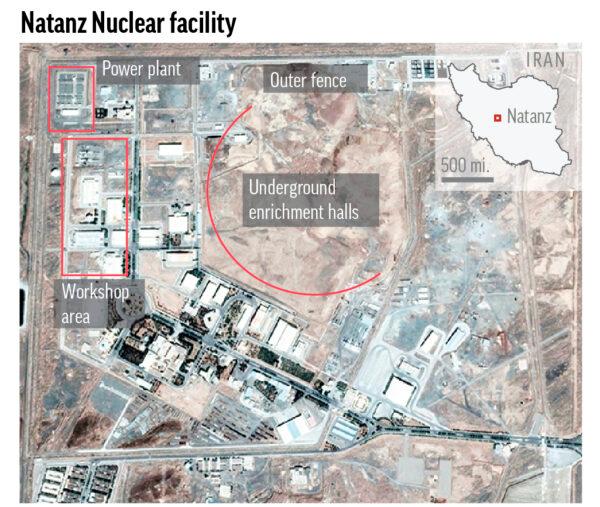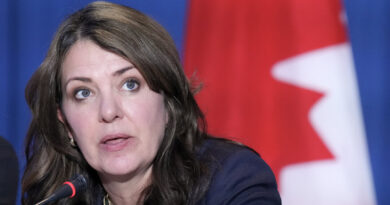IAEA Director General Rafael Grossi Travels to Iran for Critical Discussions on Nuclear Program
Rafael Grossi expressed concerns about Iran’s nuclear program shortly before his visit to Tehran, stating that the IAEA lacks crucial information.
Heading to Tehran for discussions with Iranian leaders, Rafael Grossi, the director general of the International Atomic Energy Agency (IAEA), aims to address the growing demand for transparency regarding Iran’s nuclear activities.
Scheduled for November 14, Grossi, a former Argentine ambassador, will engage in critical talks.
Following the cancellation of the 2015 Joint Comprehensive Plan of Action (JCPOA) by President-elect Donald Trump and the reinstatement of strict U.S. sanctions on Iran, the nation has significantly intensified its nuclear program, enriching uranium up to 60 percent, approaching the 90 percent threshold required for nuclear weapons.
Although Iran denies developing nuclear weapons, the National Council of Resistance of Iran (NCRI) alleges that Tehran has consistently deceived Western nations over the years.
Notably, Shahin Gobadi from the NCRI’s foreign affairs committee highlighted that Iran’s primary objective in its nuclear program has always been to acquire a bomb.
Seeking greater transparency, the IAEA has been pressing Iran for months to permit closer scrutiny of its operations at known nuclear sites and to clarify traces of uranium discovered at undisclosed facilities.
Grossi emphasized the critical need for substantive progress in implementing the joint statement agreed upon with Iran in March 2023, underscoring the potential significance of his upcoming visit to Tehran.
Discussing the issue on the sidelines of the COP29 climate summit, Grossi stressed the urgent need for Iran to provide more transparency, citing challenges in understanding Iran’s activities without their cooperation.
With Trump’s impending return to the White House in January, the Iranian regime faces heightened pressure to comply with international norms regarding its nuclear program.

An undated satellite image of Natanz, which hosts Iran’s main uranium enrichment facility, in central Isfahan province, Iran. AP
Grossi’s discussions with the Iranian leadership and their subsequent actions will determine Iran’s stance in the coming months.
During the next meeting of the IAEA’s 35-nation board of governors, the UK, Germany, and France, key parties in the JCPOA deal, will deliberate on whether to intensify pressure on Iran.
Describing the deteriorating situation involving Iran’s nuclear program, Grossi emphasized the critical need for increased transparency, especially in sensitive areas like centrifuge production.
While Israeli Prime Minister Benjamin Netanyahu insists on Iran’s nuclear weapon development, he has refrained from military strikes, perhaps due to diplomatic pressures.
In a recent operation by the Israel Defense Forces (IDF) on October 1, sites related to air defense, missile production, and drone facilities were targeted instead of the main nuclear site at Natanz.
Notably, CIA Director William Burns stated that the U.S. has not observed any indication that Iran has abandoned its nuclear weapon ambitions since a 2003 decision.
In his first term, Ratcliffe, the former director of national intelligence under Trump, remained a steadfast supporter of the administration.
Reuters contributed to this report.



